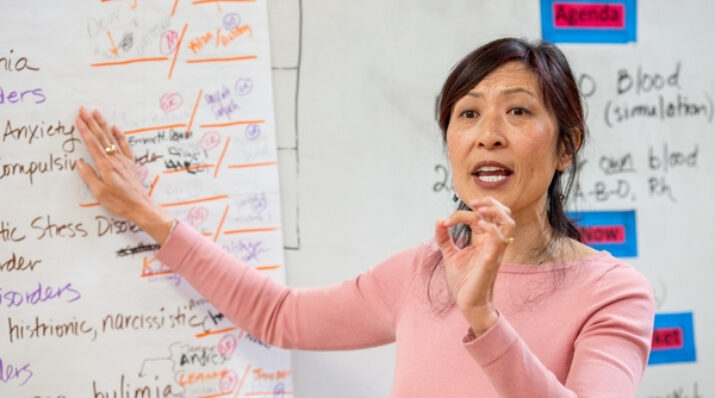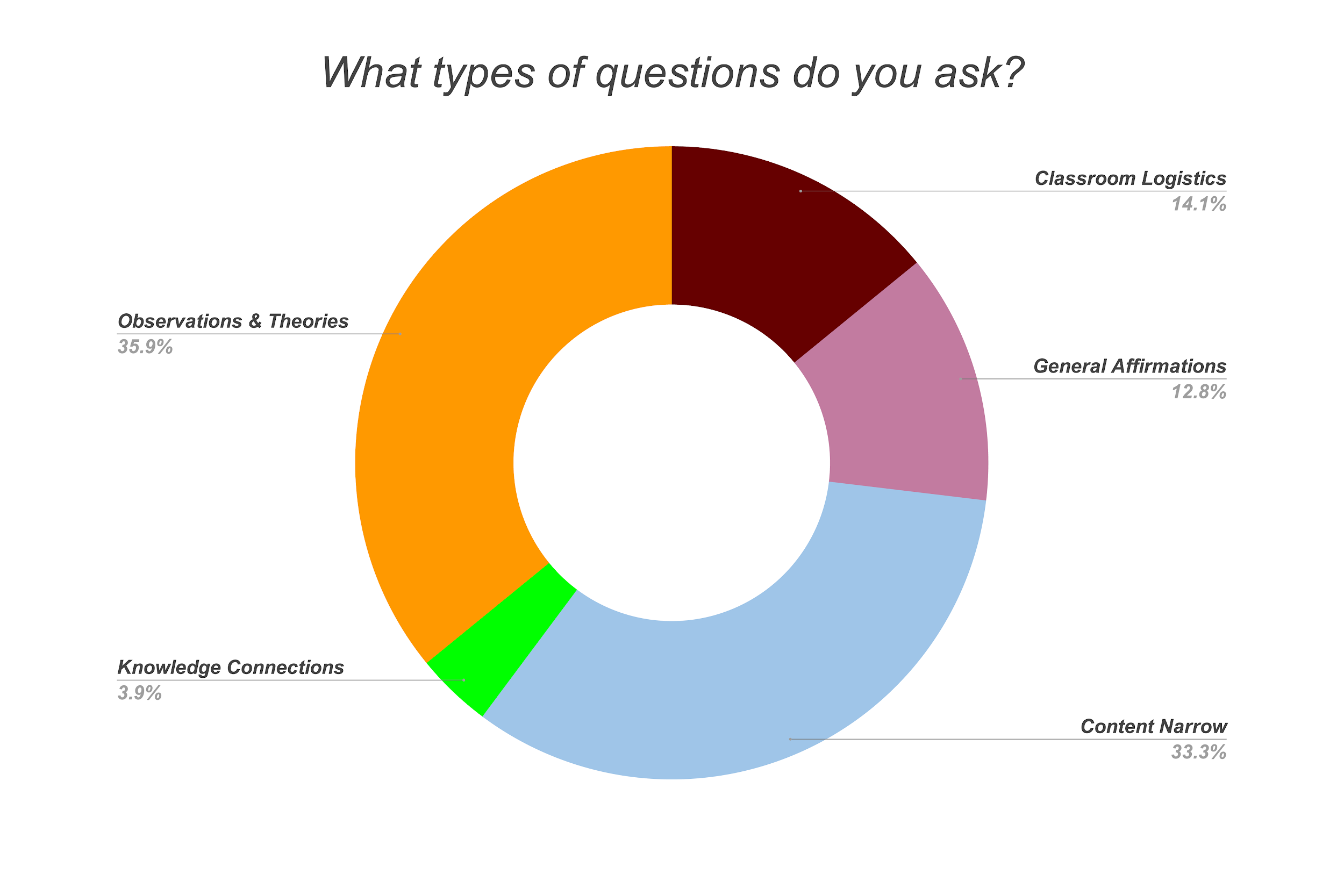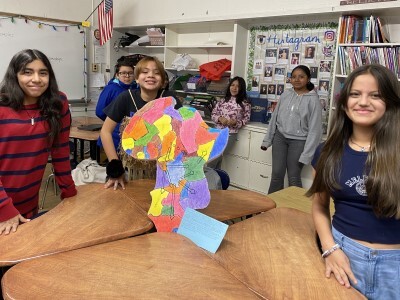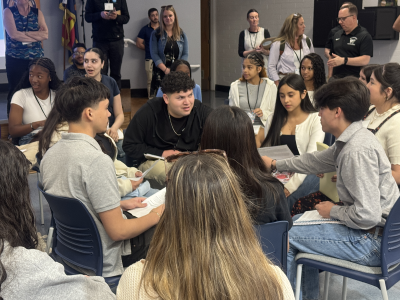How Teacher Feedback Affects Instruction
Topics

Educators are the lead learners in schools. If they are to enable powerful, authentic, deep learning among their students, they need to live that kind of learning and professional culture themselves. When everyone is part of that experiential through-line, that’s when next generation learning thrives.
This solution for frequent feedback gives teachers and their mentors actionable data on practices that research has shown to promote student learning.
Research shows that when teachers receive regular feedback and support, their performance can improve dramatically (Stanulis & Floden, 2009).
This presents a big challenge for educators as it relates to the current teacher observation protocols used in most schools. Most educators are acutely aware that traditional teacher observation is severely limited in its ability to provide effective feedback with high frequency.
Most teachers typically receive only three or four observations per school year by a trained observer like their principal, an instructional coach, or the superintendent. Stanulis and Floden found the greatest impact on teacher effectiveness comes from feedback that is frequent and consistent.
With the ongoing COVID-19 pandemic now shifting many fall classes to a virtual setting, receiving the type of feedback that Stanulis and Floden recommend is increasingly difficult—if not impossible.
However, new technologies are equipping administrators with insights into an entire school or district, while also giving teachers quantifiable feedback on behaviors that research has shown promotes student learning—regardless of whether instruction is delivered in-person or online. Using technology can reduce biases that tend to show up in feedback by observers who are time-constrained and are seeing a very limited view of the teacher's performance. At the same time effective technologies can free up those same observers to spend time on the more valuable tasks of coaching and mentoring vs. direct observation.
Technology 1.0: When the Promise of Improvement Runs Head-First into Reality
The notion that technology can bring scale to the teacher observation process is not new, but many such solutions failed to deliver on expectations. That’s because at the root of the technology challenge is data—and specifically, making data that is:
- Easy to trust
- Easy to interpret
- Easy to act on
Some educators and districts that my organization works with have launched ambitious programs to record and review individual teaching sessions. Unfortunately, these efforts inevitably fail because the method simply can’t scale. No teacher—after spending seven hours in the classroom—can watch seven hours of their recordings. Similarly, administrators cannot possibly watch the 300+ hours of instruction that occurs every single day in a school with 50 teachers.
Technology 2.0: Teacher Mentoring and Growth Using Automated Feedback for Every Lesson
The second wave of technologies are solving these limitations. A new Teacher Mentoring Platform called Ask2Learn (www.ask2learn.ai/nglc) captures teacher audio and analyzes the lesson to provide teachers, PLC members, and administrators with an entirely new way of collaborating to improve education. With this new data, teachers can now set their own growth goals and get actionable metrics to help them succeed. PLC members can easily collaborate to share what is working in their classes and to help new teachers learn from their peers. In addition, administrators can now spend their time mentoring their teams instead of manually capturing observation data.
Educators now have access to teaching metrics like these:
- Speaking Rate: Are you talking too fast?
- Speaking-to-Silent Ratio: Are you talking too much?
- Statement-to-Question Ratio: Are you asking enough questions?
- Question Type Analysis: Are you asking the right questions?

Ask2Learn categorizes questions by type, showing how frequently teachers ask engaging questions that drive learning.
Whether in-person or online, specific speaking habits and questioning techniques create an atmosphere of critical thinking that drives student understanding of a particular concept. In addition, effective teachers create an environment of inquiry where students take ownership over their own learning (Llewellyn, 2005; Vygotsky, 1978).
The idea is simple, if teachers and administrators can understand how teachers speak to a class of students, how frequently the teacher asks questions, and most importantly the types of questions the teacher asks, they can for the first time work together to make rapid improvements. Read the case study on how this new data is helping teachers grow.
Experienced Educators Should Be Mentoring rather than “Keeping Score”
To improve teacher effectiveness and student achievement across their schools, districts need ways for teachers to monitor and improve their own teaching practices. They also need ways for PLCs to quickly learn from each other and to enable their administrators with the tools to effectively mentor their teams. To accomplish this, they will need technologies that distill hours of instruction into actionable feedback which can form the building blocks of a high-performing classroom.
In a future post we explore how speaking rate affects a student’s ability to engage with your teaching. Do you know how fast you speak when you teach?
Photo at top courtesy of Allison Shelley/The Verbatim Agency for American Education: Images of Teachers and Students in Action.




